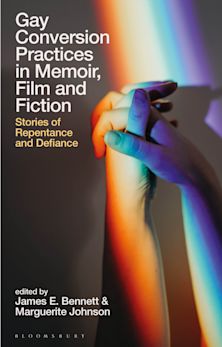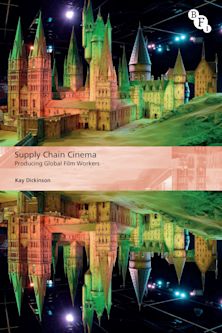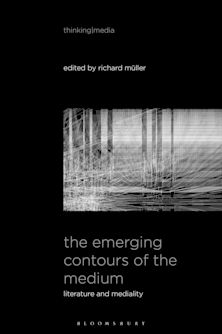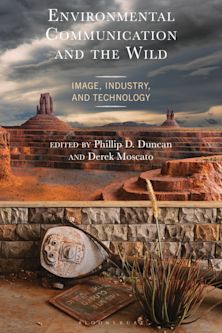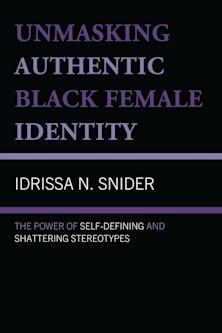Filming the Everyday
Independent Documentaries in Twenty-First-Century China
- Textbook
Filming the Everyday
Independent Documentaries in Twenty-First-Century China
- Textbook
Description
This cutting-edge book examines the rapidly developing scene of Chinese independent documentary, arguably the most courageous player in contemporary Chinese visual culture. The authors explore two areas that are of special interest to China studies and film studies, respectively: (1) filming the everyday in twenty-first-century China to foreground contestation and diversity and (2) exploring the aesthetic of remembering in an embodied documentary practice, which turns the gaze on artists themselves and encourages the viewer’s engagement with the filmed subjects and environment. Highlighting documentary contestation in China, the book traces its cacophony of expressions, some of it featuring confrontations with domineering elites, some of it highlighting negotiations among the independent filmmakers themselves. Their goal is not a “movement” that seeks to establish and impose a single truth, but rather a creative dynamic that fosters a community of tolerance and respects diverse forms of expression. Independent documentary is quite literally a moving target that is witnessing ongoing and widening diversity and complexity when it comes to directors, themes, aesthetics, human subjects, audiences, and impact. The authors stress the enormous potential of cultural production that features non-elites (including amateurs) and that dwells on the everyday, the bottom up, the grassroots, the seemingly mundane, and the apparently marginal. The book’s emphasis on contemporary issues and its discussion of aesthetic experiments will appeal to all readers interested in China’s culture, media, politics, and society.
Table of Contents
Part I: Cultural Context
1. Introduction: Documenting China Independently, by Paul G. Pickowicz and Yingjin Zhang
2. Who’s Afraid of the Documentary Camera? Refiguring Reality, Memory, and Power in Chinese Independent Documentary, by Yingjin Zhang
3. For Whom Does the Director Speak? The Ethics of Representation in Documentary Film Criticism, by Yomi Braester,
Part II: Rural Reconfigurations
4. From Root-Searching to Grassroots: Returning to the Countryside in Contemporary Chinese Fiction and Independent Documentary Film, by Angie Chau
5. Zou Xueping’s Postsocialist Homecoming, by Paul G. Pickowicz
Part III: Embodied Filmmaking
6. Looking Back while Marching Forward: Reconfiguration of Selfhood in the Folk Memory Project, by Tong Wang
7. The Memory Projectand Other Ways of Knowing: Filmmaking, Affect, and Embodied Knowledge, by Laura Kissel
Part IV: Documentary Enactments
8. Gendering Intersubjectivity in New Chinese Documentary: Feminist Multiplicity and Vulnerable Masculinity in Postsocialist China, by Alvin Wong
9. From Bumming to Roaming: Xu Tong’s The Drifters Trilogy, by Yiman Wang
10. Documenting through Reenacting: Revisiting the Performative Mode in Chinese Independent Documentaries, by Hongjian Wang
Appendix: Michael Berry, “Memory/Document: In Dialogue with Wu Wenguang’s Memory Project”
Documentary Filmography
About the Contributors
Product details
| Published | Dec 15 2016 |
|---|---|
| Format | Ebook (Epub & Mobi) |
| Edition | 1st |
| Extent | 212 |
| ISBN | 9781442270251 |
| Imprint | Rowman & Littlefield Publishers |
| Illustrations | 18 b/w photos |
| Publisher | Bloomsbury Publishing |
Reviews

ONLINE RESOURCES
Bloomsbury Collections
This book is available on Bloomsbury Collections where your library has access.












